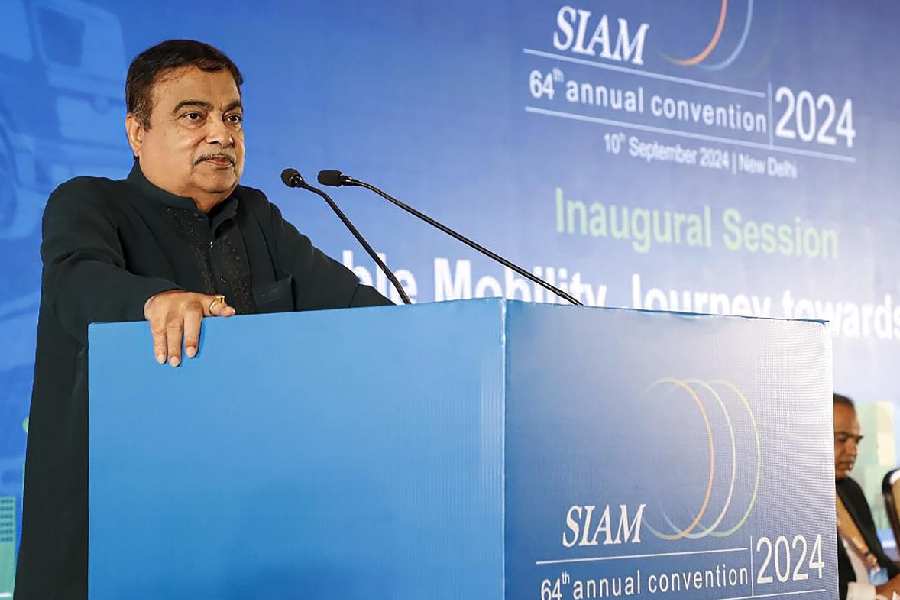Maruti Suzuki India, the country’s largest car maker, will launch its first electric vehicle (EV) early next year, with an aim to create a comprehensive ecosystem, including charging infrastructure and resale options.
Hisashi Takeuchi, MD and CEO, Maruti Suzuki India, said the company will have a high-specification EV with a range of 500 km and a 60 kilowatt-hour battery.
The mid-sized SUV, likely to be called eVX, is expected to be priced above ₹15 lakh and will take on rivals such as Tata Curve.ev and Mahindra & Mahindra’s Born EVs.
Takeuchi said the automaker will come up with a range of solutions for its EV customers to remove their concerns. The company will use the strength of its network for after-sale support.
“We are not only going to launch the product, we are going to basically provide a complete ecosystem for the customers who are going to be part of the electric vehicle family,” Maruti Suzuki India senior executive officer (marketing and sales) Partho Banerjee told reporters on the sidelines of the 64th SIAM annual session here.
He said the biggest concern for EV users is the range. “Second, it is the EV infrastructure and third, it is about the residual value of the vehicle after five years.”
Big market
Union road transport and highways minister Nitin Gadkari said EV sales are expected to reach 10 million by 2030, with the potential to create 50 million jobs.
Speaking at the convention, Gadkari projected India as a global leader in automotive manufacturing.
He emphasised the expansive potential of the Indian EV ecosystem, estimating it could reach a valuation of ₹20 lakh crore by the end of the decade, with the finance market alone contributing ₹4 lakh crore.
The minister highlighted the declining cost of lithium-ion batteries as a crucial factor in making electric vehicles more affordable.
Gadkari expressed optimism about India’s potential to become a major exporter of lithium-ion batteries because of the government’s production-linked incentive (PLI) scheme to promote domestic battery cell manufacturing.
“India will soon be in a position to export lithium-ion batteries globally as numerous companies are establishing manufacturing facilities here.”
Price cut
Tata Motors on Tuesday said it has reduced prices of its electric vehicle model range up to ₹3 lakh. The Mumbai-based auto maker said it has reduced the price of Nexon EV up to ₹3 lakh, Punch EV by ₹1.2 lakh and Tiago EV by ₹40,000.











